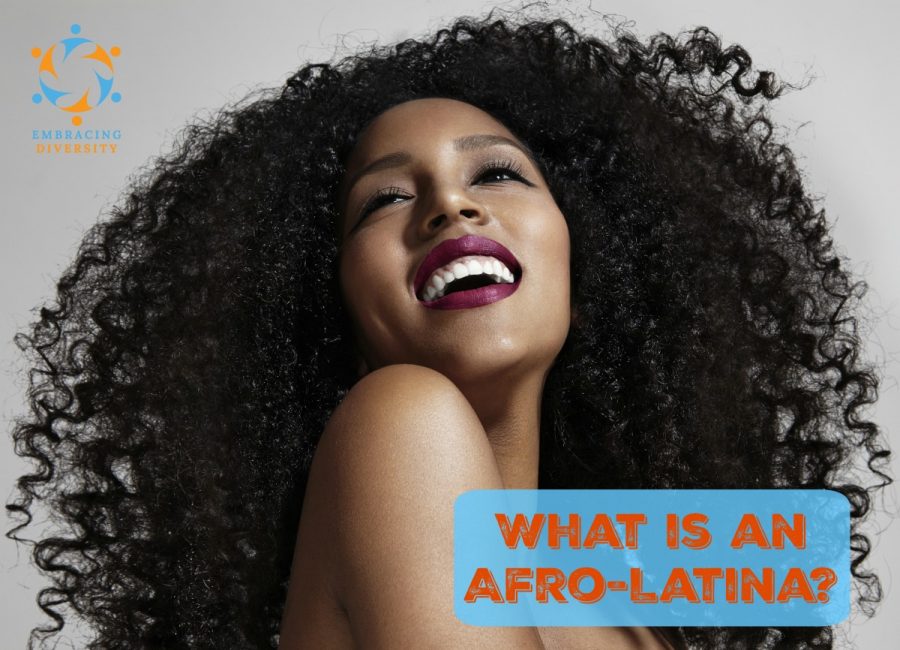Afro-Latinos Are Hispanic, Too
“Afro-Latina” refers to a person who is Latin American and identifies with significant African ancestry. People tend to be confused about individuals who consider themselves Afro-Latina and do not pick a side.
To identify as “Afro-Latina,” “Afro-Latino,” “Afro-Boricua,” “Afro-Dominican,” etc., is to show society that these individuals are proud of their heritage and don’t have to pick one race to identify as.
It is a constant battle to identify as both hispanic and black – you may be “too black” for the Hispanic kids, and “too Hispanic” for the black kids. It’s hard growing up being proud of who you are in a judgmental world that is ready to label.
But that is exactly how it happened.
The first time I realized I was too black for the Hispanic kids was in high school. I was told that I am too brown to be Hispanic, because of my curly hair , and lack of fluency in the language. My first thought was, “Wow, I never had someone tell me that my looks determine what I am.” As I got older, I realized I knew what I identified as. I also knew my father was 100 percent Hispanic, and I learned to be proud of who I am.
As an Afro-Latina, you’re always on defense mode.
“When people look at me they will guess I’m either black or Hispanic mixed with white,” said Kiana Quinonez, a University of New Haven student. “When others don’t believe you’re Hispanic, they think they have a right to quiz you, and since I didn’t grow up in a Hispanic household, and speaking Spanish isn’t native to me, they think they can discredit me as a person.”
Afro-Latino is not identifying as either or. According to Pew Research, 67 percent say their Hispanic background is part of their racial background.
Public individuals, such as actresses Rosario Dawson, Rosie Perez, Zoe Saldana, are all proud Afro-Latina’s – they aren’t afraid of their truth.
The truth is, Hispanics come in all shades, shapes, and sizes. There is no such thing as, “you do not look Hispanic,” or the infamous, “if you do not speak Spanish, you aren’t Hispanic.”
People who fall under the spectrum of Afro-Latina shouldn’t be worried about someone discrediting who they are.

Mitsouki Garvey-Sanchez is a senior studying Public Relations and Journalism. Along, with being the on air anchor for Charger Bulletin News show, she...








